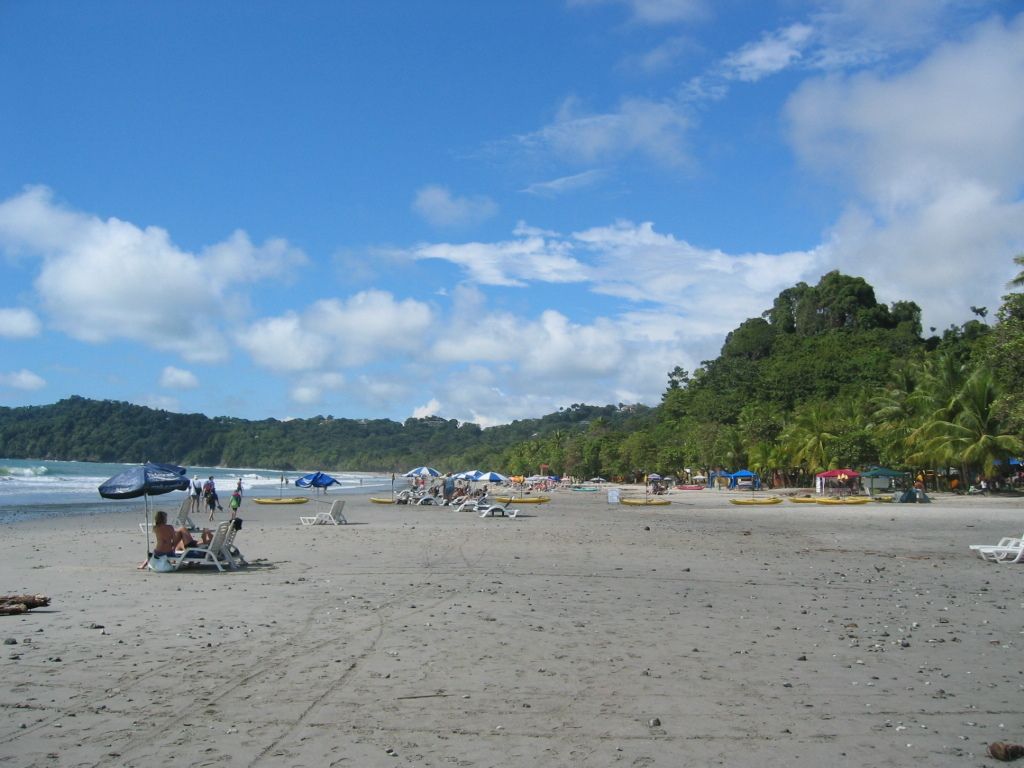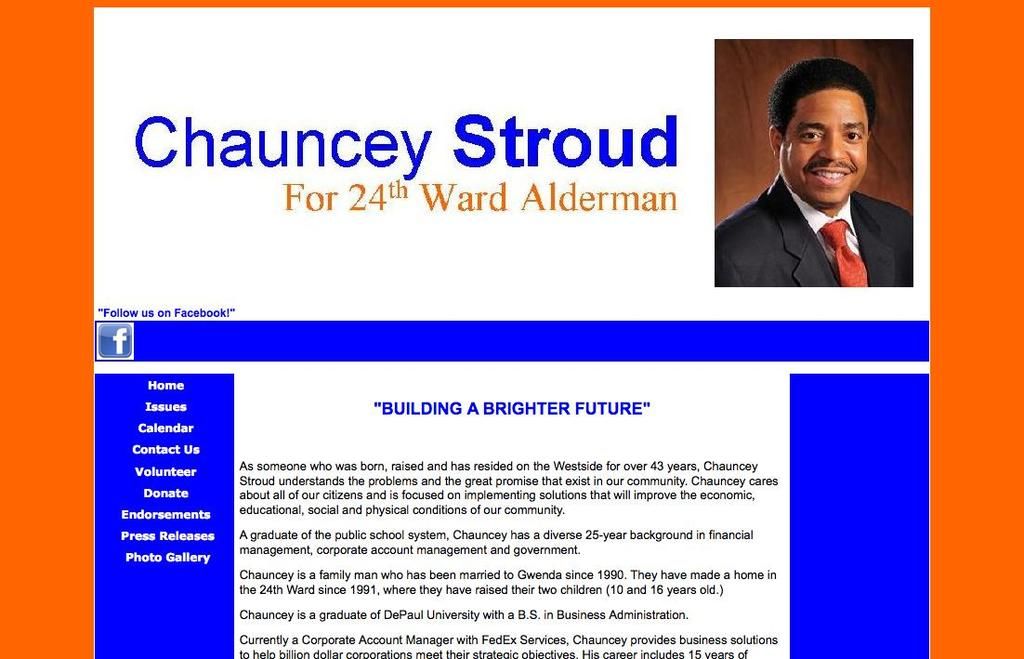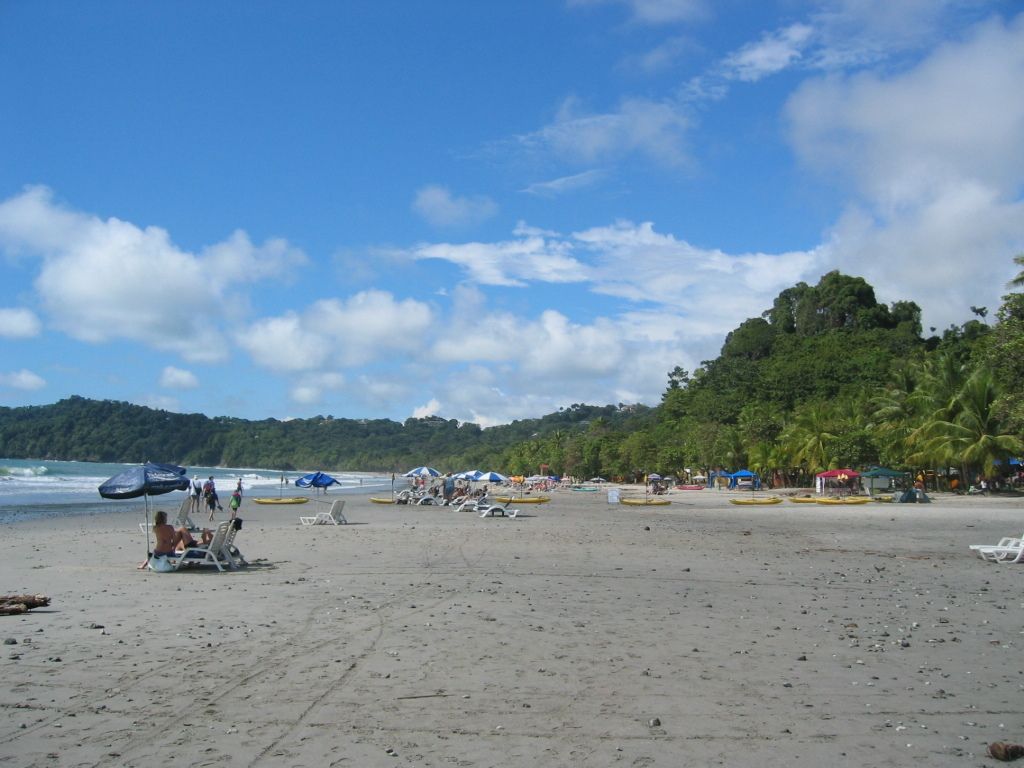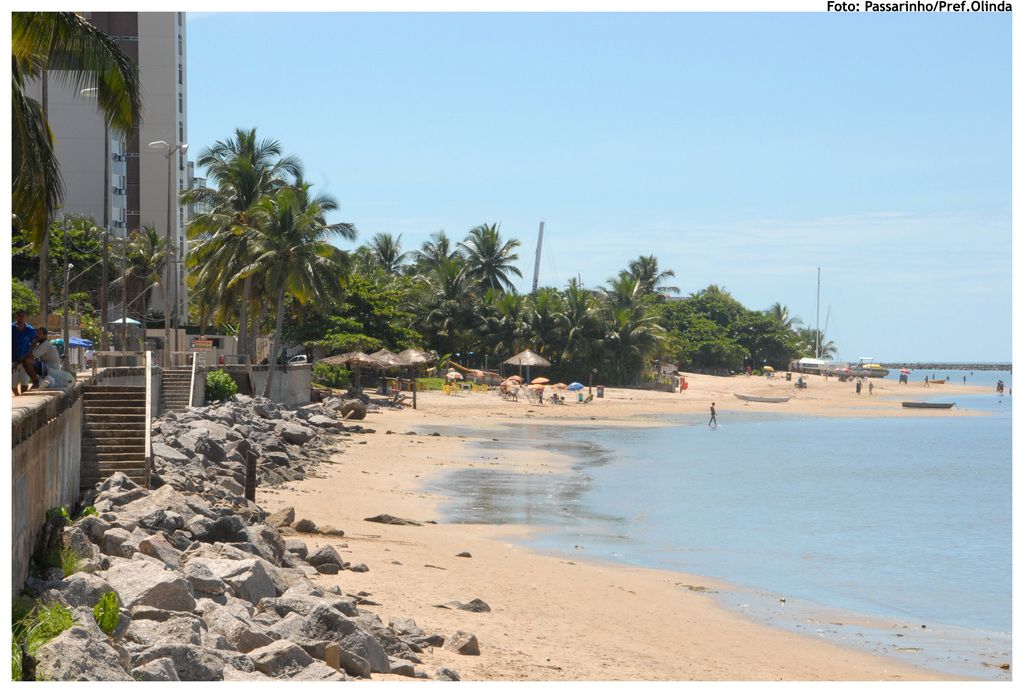Residential Properties Adopt a Changed Reality: Focus on Facilities and Community Life
Modern real estate is blurring the lines between traditional residential spaces and luxury hotels, transitioning into a 24/7 lifestyle haven for today's sophisticated renters, business travelers, and digital nomads. The recent $100M funding for Adam Neumann's Flow is just the beginning, signaling a broader transformation in the industry.
A prime example of this fusion can be seen in the upgraded living spaces that provide furnished apartments, yoga studios, cafes, bars, and gyms, drawing inspiration from European rental apartments. The newest hotels and residences are blending seamlessly with exclusivity, tailored experiences, and state-of-the-art amenities.
The blending of hotel and residence
A luxurious lifestyle at your fingertips
Individual elegance meets communal extravagance in these innovative properties. Think of the convenience of resort living, with perks such as on-site spas, personal chefs, and round-the-clock concierge services. The Waldorf Astoria Residences in NYC offers residents over 50,000 square feet of private amenities, including a 25-meter pool, fitness center, spa facilities, private dining rooms, lounges, game rooms, and a theater, all designed to extend the living space beyond the individual units.
Moreover, residents boast access to the adjoining Waldorf Astoria hotel, including a signature restaurant, spa, and top-notch room service. Major brands like The Waldorf Astoria, Unity Living, Flow Residences, Locke Living, and others are expanding their residential offerings across various regions, incorporating coworking spaces, communal areas, and other sought-after features tailored to today's transient, connected lifestyle.
Technology as the tie that binds
Fragmented services have long been a challenge within the residential real estate sector. However, this seamless digital experience is fast becoming a necessity. With the rise of serviced apartment operators such as Flow, industry leaders are adopting integrated apps for simplified management of everyday tasks ranging from check-ins to maintenance requests.
Established multifamily buildings, initially designed without a digital-first mindset, are increasingly turning to technology solutions to centralize operational tasks and create the hassle-free, connected experience apartment-hotel operators have mastered.
Community-focused living
As residents seek strong social connections among like-minded individuals, new housing developments are adapting, fostering curated events such as painting workshops, yoga classes, and farmers markets to build a sense of community among residents, as well as connecting with the greater neighborhood.

The rise of remote work has increased the demand for spaces that merge comfort and community, as typified by Flow, which prioritizes community-focused living to combat urban isolation by encouraging interaction and collaboration.
Driving the transformation
A home-office hybrid
The work-from-home trend has revolutionized expectations for living and travel spac.es, with residents seeking flexible spaces that can accommodate both productivity and relaxation.
Wellness and sustainability
The appeal of wellness amenities and sustainable, energy-efficient buildings is growing. LEED certifications and health-focused design features are becoming essential, granting developers and brands a competitive edge.
The experience economy
The generation of renters prioritizes experience over material goods. Individuals in the millennial and GenZ demographics expect meaningful, tailored experiences and seek out properties that focus on detail, local culture, and enticing programming.
Embracing the future in real estate
In the foreseeable future, the symbiotic relationship between hospitality and residential real estate will drastically change how we live, work, and travel. The rise of residential properties that offer hotel-grade amenities, as well as apartment-hotels and community-driven rental residences, marks a shift towards accommodation that prioritizes convenience, community, and experience. Real estate leaders who adapt will design spaces that foster genuine connection, embrace technology, and cater to an ever-growing demand for luxury living that transcends traditional definitions.
- Residents of these innovative properties can enjoy a luxurious lifestyle with individual elegance blending with communal extravagance, providing amenities like spas, personal chefs, and round-the-clock concierge services, similar to resort living.
- To accommodate the increasing demand for spaces that merge comfort and community, new housing developments are fostering community-focused events, such as painting workshops, yoga classes, farmers markets, and coworking spaces.
- With the rise of serviced apartment operators like Flow, real estate is embracing technology by adopting integrated apps for simplified management of daily tasks and centralizing operational tasks to create a hassle-free, connected experience.
- As the demand for properties that prioritize experience over material goods grows, real estate leaders who adapt will design spaces that foster genuine connections, embrace technology, and cater to an ever-growing demand for housing-market offerings that provide hotel-grade amenities, such as apartment-hotels and community-driven rental residences.






